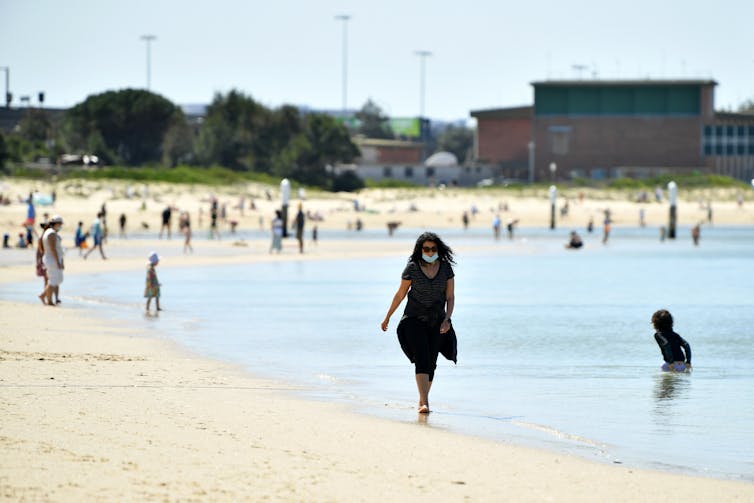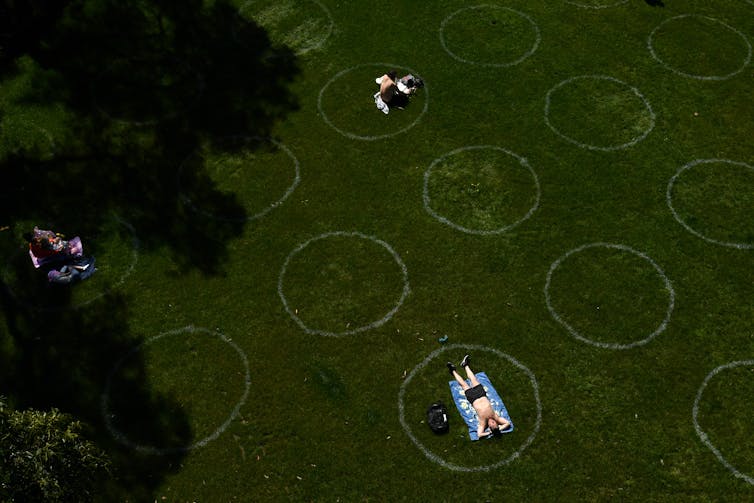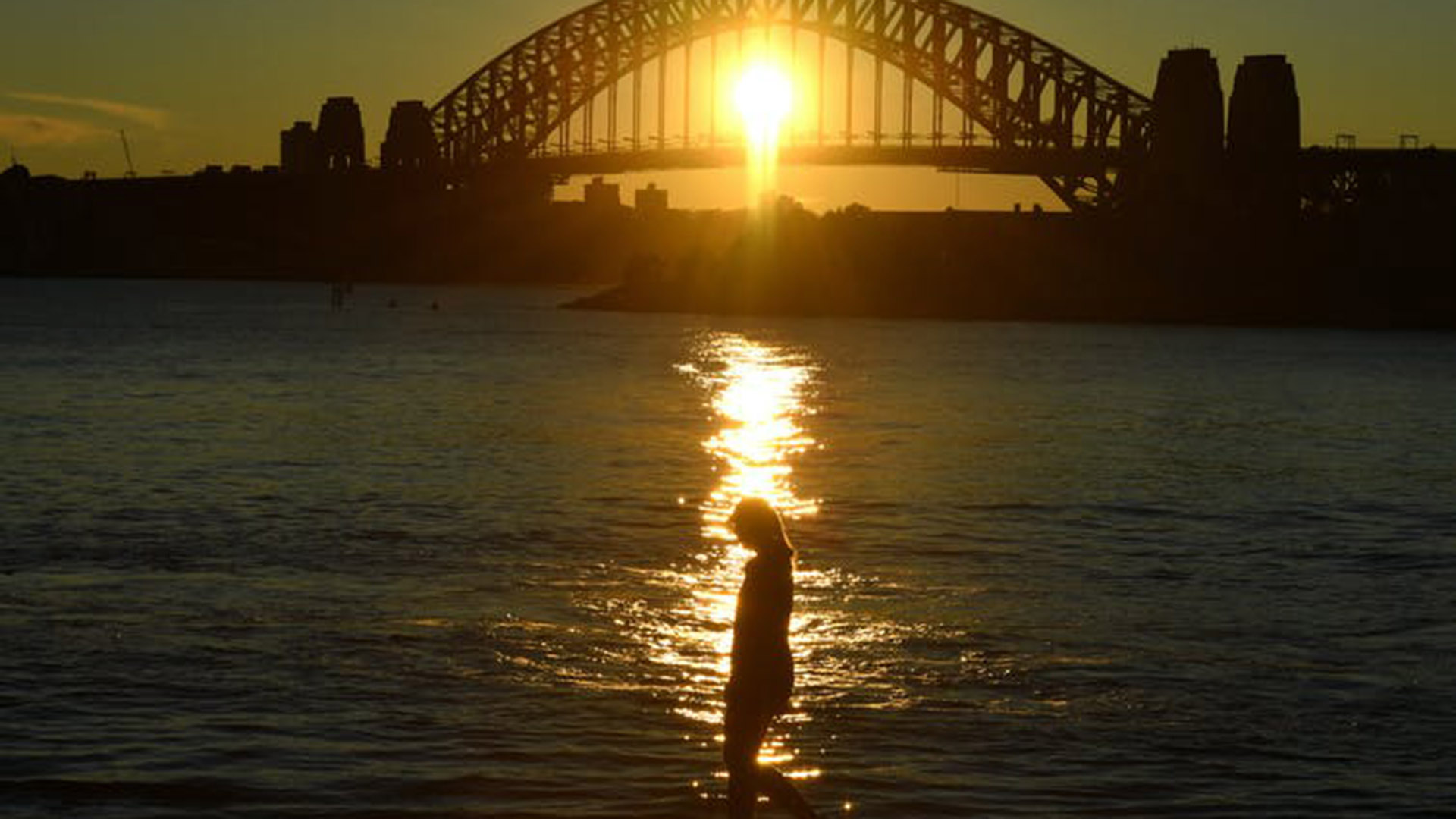October 12, 2021
Lonely after lockdown?
How COVID may leave us with fewer friends if we are not careful
Many of us have been struggling with isolation and loneliness during COVID lockdowns, despite the increase in online interactions.
Amid concerns over lost friendships and social skills, people may be wondering if their social lives will “go back to normal” as restrictions begin to lift around the country.
Our new study looks at what happened to Australians’ social lives during lockdown. The findings suggest COVID may have had a long-term impact on our friendships, and not necessarily for the better.
Our study
During 2020-21, we surveyed more than 2,000 Australians about their experiences during and after lockdown. Each person was surveyed three times, and asked about their interactions, lifestyles and plans.
Our survey approach was qualitative, letting us capture the respondents’ detailed, personal experiences of lockdown in their own words. Participants came from every state and territory, ranged in age from 18 to 88, and around two-thirds were female.
Australia is uniquely positioned for this kind of study, thanks to our (temporary) early exit from lockdown in 2020. This means we were able to find out about Australians’ COVID experience both during and many months post-lockdown.
Loneliness is a serious social and health issue, linked to poor mental health and early death. It occurs when our relationships don’t meet our social needs – so we can be lonely if either the quantity or quality of our friendships break down.

Social scientists have been concerned about loneliness in recent decades because of such things as rising individualism in our culture and an increase in single person households. COVID may have accelerated the impact of such changes.
Indeed, many of the Australians we surveyed reported a reduction in the quality and size of their friendships, not just at the height of the pandemic last year, but months after lockdown finished in 2020.
Why is this so? And what does this mean as we once again begin to emerge from lockdowns again?
Increased disconnection
Unsurprisingly, many participants reported an increase in disconnection and loneliness during lockdown. Interactions with friends were “just not the same”. More concerning, though, was that these feelings continued months after lockdown had ended. Some respondents described a lasting impact on their attitudes to friendship and socialising.
Everyone became withdrawn … No one wants to hang out anymore.
Another respondent noted:
We have remained in contact through social media and video calls, but have drifted to some degree.
A sense of social fatigue and apathy was visible in many accounts months after lockdown. As respondents explained: “face-to-face feels tiring”. Another interviewee noted:
COVID has given me licence to withdraw into myself more. Now things are opening up I don’t want to come back out.
Shrinking friendship networks
Participants also described how friendship networks shrank as they “pruned” out more distant connections during lockdown. They described this as “more time with close friends. Less time with acquaintances”.

Some participants’ networks shrank because of a lack of opportunity to catch up, others described how pandemic stress left them wanting to connect only with those they cared about most. Unfortunately for many, friendship networks remained smaller months after lockdown.
Continued restrictions on group activities extended feelings of disconnection. Younger people were also prevented from forming new relationships as university study moved online and many casual jobs were cut.
meeting someone feels pretty impossible this year.
Those who moved back home to save money also experienced social disruption – stuck inside with family instead of friends or colleagues.
What about new or improved online friendships?
Although lockdown physically disconnected people, it massively increased social media use, online gaming and videoconferencing.
Lockdowns, together with this boom in digital communication, helped connect distant friends:
I’m closer to friends as we are forced to connect online… no more making excuses about being busy (like) pre-COVID.
But this could not overcome an overall increase in loneliness or adequately substitute for physical interaction. Our data attributes this to “touch hunger” or lost physical connection, and a dissatisfaction with videoconferencing:
Zoom always seems so forced.
The importance of ‘regrowing’ in-person friendships
Previous studies have found digital communication can help reduce loneliness when used for interactive (rather than passive/lurking) purposes to help shore up existing in-person relationships.
But our study shows shows how digital connections cannot make up for in-person friendships post-COVID on their own.
We should be careful before embracing changes that entrench our reliance on digital interaction, like completely virtual offices. Instead, we must remember the value (and fun!) of in-person socialising and take care to reconnect with old and new friends going forward.
Our study shows we cannot take post-COVID socialising for granted. It will not necessarily snap back to the way it was, once restrictions ease. We will have to make conscious efforts to meet with old friends and make new ones when we are allowed to do so in person.![]()
Roger Patulny, Associate Professor of Sociology, University of Wollongong and Marlee Bower, Research Fellow, Matilda Centre for Research in Mental Health and Substance Use, University of Sydney
This article is republished from The Conversation under a Creative Commons license.
UOW academics exercise academic freedom by providing expert commentary, opinion and analysis on a range of ongoing social issues and current affairs. This expert commentary reflects the views of those individual academics and does not necessarily reflect the views or policy positions of the University of Wollongong.
